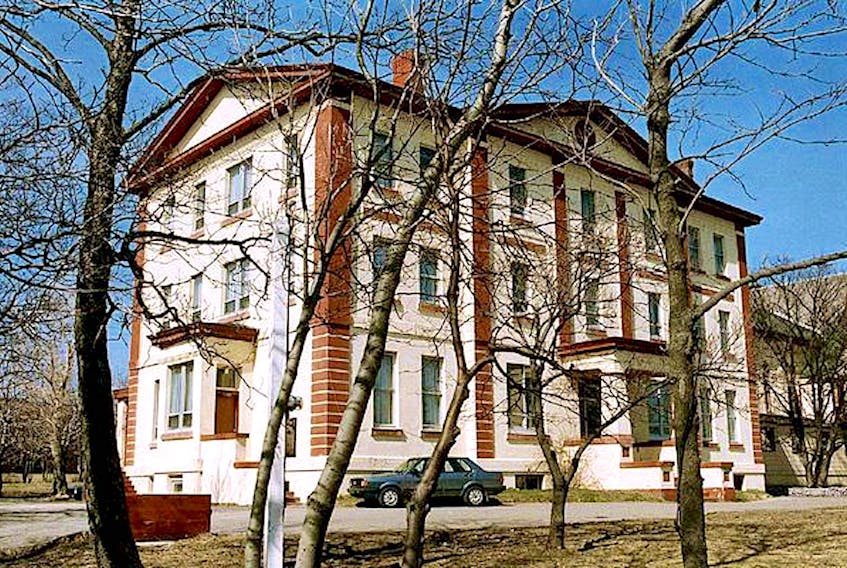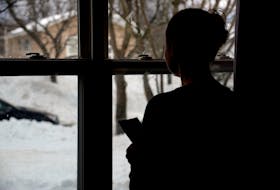The Archdiocese of St. John’s has petitioned the Supreme Court of Canada in hopes of appealing John Doe et al. v. The Roman Catholic Episcopal Corp. of St. John’s.
In August, the Newfoundland and Labrador Supreme Court of Appeal said the church was liable for the abuse of victims of Mount Cashel from the 1940s to 1960s.
“The decision to appeal to the Supreme Court of Canada was not made lightly,” the archdiocese said in a statement.
“The court of appeal judgment overturned some of the legal conclusions made by the trial judge of this case. As this ruling will set a legal precedent that will likely have profound implications for not only the future operations of the archdiocese but for the operations of other episcopal corporations, charities and organizations, it is imperative that a clear understanding and ruling of the application of this law is obtained.”
The announcement is no shock, but will extend what has already been a years’ long case for victims of sexual abuse of that era at the former infamous orphanage Mount Cashel.
(The process of leave to appeal) will certainly take several months, beyond that if leave is granted, if deemed of sufficient national importance. Then it will proceed to a full hearing,” said St. John’s lawyer Geoff Budden, who will once again work with Ottawa lawyer Eugene Meehan on the case.
“We feel we have the right team to continue with this issue at the Supreme Court of Canada.
After a hearing, if that goes ahead, it’s likely to have a reserved decision.
“This could certainly delay resolution quite significantly,” Budden said.
The first clients approached Budden in late 1997 and a statement of claim was issued in 1999.
“It’s very hard on the clients. It’s not a surprise to us they are appealing — they have made it clear for some years now they seem intent on litigating until all their legal options have run out,” Budden said.
“As is true for us I suppose in fairness.”
“The decision to appeal to the Supreme Court of Canada was not made lightly. The court of appeal judgment overturned some of the legal conclusions made by the trial judge of this case. As this ruling will set a legal precedent that will likely have profound implications for not only the future operations of the archdiocese but for the operations of other episcopal corporations, charities and organizations, it is imperative that a clear understanding and ruling of the application of this law is obtained.” — Statement from archdiocese
The archdiocese said it sympathizes with those who suffer as a result of the abuse and it regrets the appeal to Canada’s top court will prolong the legal proceedings of this case.
“We ask for prayer for those involved in this sad matter as we continue to move forward, focused on our daily work of building God’s kingdom through service, word and worship,” the statement said.
The Christian Brothers is the Catholic lay order that ran the orphanage, which opened in 1898 and was demolished in 1992. A scandal erupted in the 1980s when systemic sexual and physical abuse of boys who resided there in the 1970s and ‘80s was finally exposed after coverups and led to the Hughes Inquiry.
Certain brothers, but not all the orders’ members, were abusers — some were criminally prosecuted, but the cases don’t trace back past the 1940s.
Boys abused at the orphanage in the mid-20th century weren’t compensated by the provincial government as the later victims were, and after the Christian Brothers went bankrupt, victims of that era sought further compensation from the Roman Catholic Archdiocese of St. John’s in a lawsuit fought by Budden and Associates of St. John’s. There are more than 60 claimants represented by the firm, and the outcome affects the cases of about 20 represented by various other lawyers.
The civil trial was first won by the archdiocese, but the Newfoundland and Labrador Court of Appeal ruled in August in favour of the victims, represented by four John Doe test cases.









